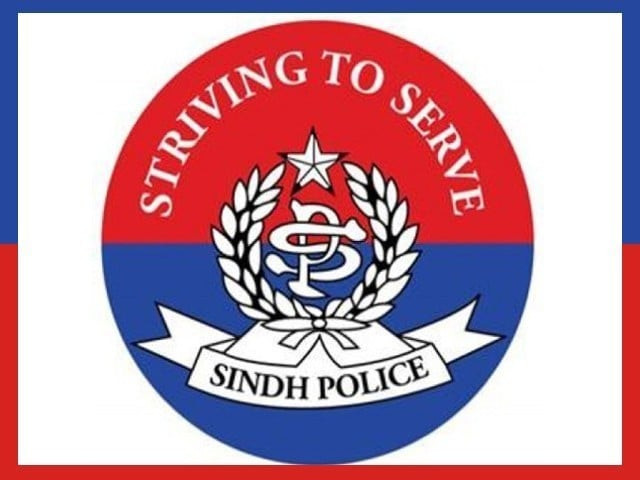Reforming the force: ‘Problem is not with police but with legislation being followed’
To improve law and order, civil society members hold seminar to draft new policing act.

"The police need to be made more people-friendly. We are still stuck in 1861," PTI MPA Samar Ali Khan. PHOTO: FILE
The seminar on ‘Draft Sindh Police Act 2014: Legislators and Civil Society’s Perspective’ was held by the Pakistan Forum on Democratic Policing (PFDP) at the Movenpick hotel on Monday. Currently, the police follow the British Police Act of 1861 in the province that, advocate and Professor Akmal Wasim said, does not give as much autonomy to the police as it should. Tracing the history of the police in the Subcontinent, Wasim said that the police system was institutionalised during the Mughal Empire, where a’ziladar’ was responsible for the law and order, and a ‘kotwal’ was a police officer.

In 1860, the British government formed a police commission, the act came in 1861 and it was enforced everywhere except Bombay. “The problem is not with the police but with the legislation that is being followed,” he said. “In the 1861 Act, the government has the authority to exercise ‘superintendence’ over the police but there is no precise definition of the term.” Comparing the old act with the new draft prepared by the forum, he said that the Sindh Police Act 2014 labels the police as a service and not as a force. “Through this act, police outreach in the community has been included and the role of women in policing has also been increased,” he added.
The draft, he said, also emphasises the development for research in forensics and stresses such investigations. External oversight police committees have also been strengthened.
PTI MPA Samar Ali Khan said that police were being used as personal slaves and they should be made independent. “The police need to be made more people-friendly. We are still stuck in 1861.” He said that the recruitment of the SHO is done on a political basis and there is a mafia behind it. He called Karachi ‘a failed city’ because of its law and order situation.
The discussion became heated when Amber Alibhai of NGO Shehri-Citizens for a Better Environment interrupted Haider Abbas Rizvi of the MQM for digressing. “If you don’t like what I am saying, I can leave or you can,” Rizvi snapped. “But I will give my opinion. I can’t be governed or dictated.” An angry Rizvi said that police stations are sold and there is no concept of local policing. The educational qualifications of officers are also low, he added. He promised to make sure all 51 legislators in the provincial assembly work on this act and help pass it. Journalist Amir Zia said the media’s perspective is often critical and negative of the police. The police are the victim as well as the perpetrator, he said, adding that the lawmakers and the ruling elite are not ready for a reform in the policing system as their own interests would be negatively affected.
Ahmed Chinoy of CPLC said that the police should get the same benefits as the Rangers do. “Rangers get accommodation and transport while the police get nothing.”
Human rights activists Anis Haroon and Mahnaz Rahman both emphasised on an increased role of women in the police. Shehri-CBE’s Khateeb Ahmed said he was proud that the act was written and prepared by the civil society.
Published in The Express Tribune, April 22nd, 2014.



















COMMENTS
Comments are moderated and generally will be posted if they are on-topic and not abusive.
For more information, please see our Comments FAQ